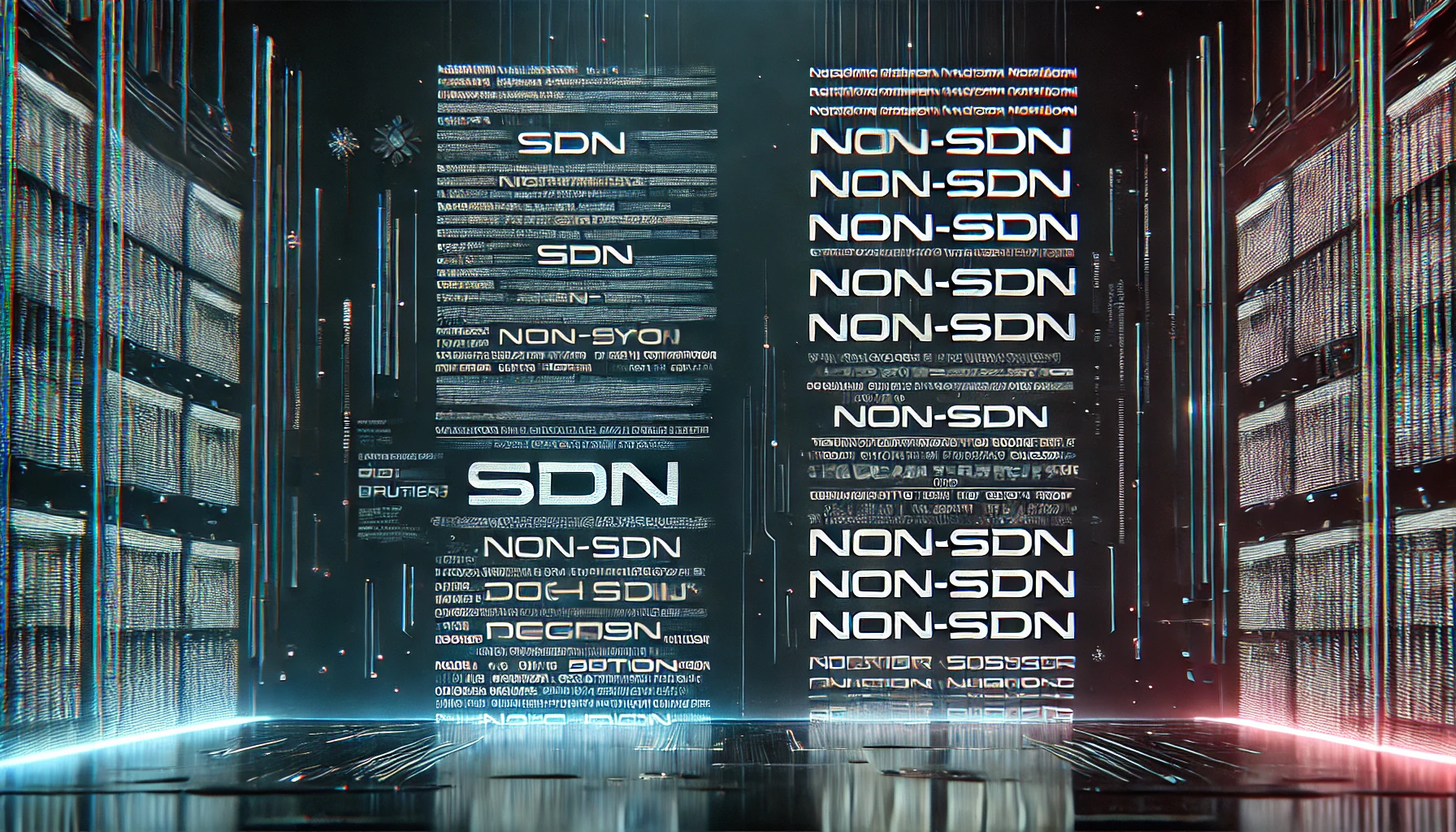OFAC SDN vs non-SDN lists, what's the difference?

The SDN List imposes severe, comprehensive sanctions on a wide range of threats, whereas non-SDN lists involve more targeted, specific restrictions for particular sectors or behaviors. Let's dig into the details...
In the context of the Office of Foreign Assets Control (OFAC) sanctions, the differences between the "Specially Designated Nationals (SDN) List" and the "non-SDN" lists are as follows:
Specially Designated Nationals (SDN) List:
- Purpose: The SDN List includes individuals, entities, and vessels that are designated by OFAC due to their involvement in activities like terrorism, drug trafficking, proliferation of weapons of mass destruction, and other threats to U.S. national security, foreign policy, or economy.
- Legal Consequences: U.S. persons (including citizens, permanent residents, entities, and individuals within the United States) are generally prohibited from engaging in any transactions with individuals or entities on the SDN List. Assets of SDNs within U.S. jurisdiction are blocked and must be reported to OFAC.
- Scope: The SDN List is comprehensive and includes a wide range of targets from different sanction programs. Entities and individuals on this list are typically subject to the strictest level of sanctions.
Non-SDN Lists:
- Types: There are several non-SDN lists maintained by OFAC, including:
- Sectoral Sanctions Identifications (SSI) List: Targets entities in specific sectors of the Russian economy, such as finance, energy, and defense, with more limited restrictions compared to the SDN List.
- Foreign Sanctions Evaders (FSE) List: Identifies foreign individuals and entities that have violated, attempted to violate, conspired to violate, or caused a violation of U.S. sanctions against Syria or Iran.
- Non-SDN Palestinian Legislative Council (NS-PLC) List: Includes members of the Palestinian Legislative Council who are part of Hamas.
- Non-SDN Chinese Military-Industrial Complex Companies (NS-CMIC) List: Targets Chinese companies in the military-industrial complex, prohibiting U.S. investments in these entities.
- Legal Consequences: The restrictions associated with non-SDN lists vary. They may involve more targeted measures, such as prohibiting certain types of transactions or investments, rather than the comprehensive prohibitions seen with the SDN List.
- Scope: Non-SDN lists are typically narrower in scope and are designed to address specific issues or sectors rather than the broad prohibitions associated with the SDN List.
Key Differences:
- Comprehensiveness: The SDN List includes individuals and entities subject to the most severe restrictions, whereas non-SDN lists typically involve more targeted measures.
- Type of Restrictions: The SDN List imposes comprehensive sanctions, blocking all property and interests in property within U.S. jurisdiction. Non-SDN lists may involve specific, less comprehensive restrictions tailored to particular sectors or behaviors.
- Purpose and Targeting: SDN List targets a wide range of threats, while non-SDN lists are used for more specific purposes, such as sectoral sanctions or targeting specific behaviors like sanctions evasion.
Understanding these distinctions helps in comprehending the scope and nature of the restrictions imposed by OFAC on different individuals and entities.
Learn more about sanctions search via our interactive OFAC API documentation.
Sign up for our newsletter
Stay up to date with roadmap progress, announcements and the latest compliance news. Get updates in your inbox.